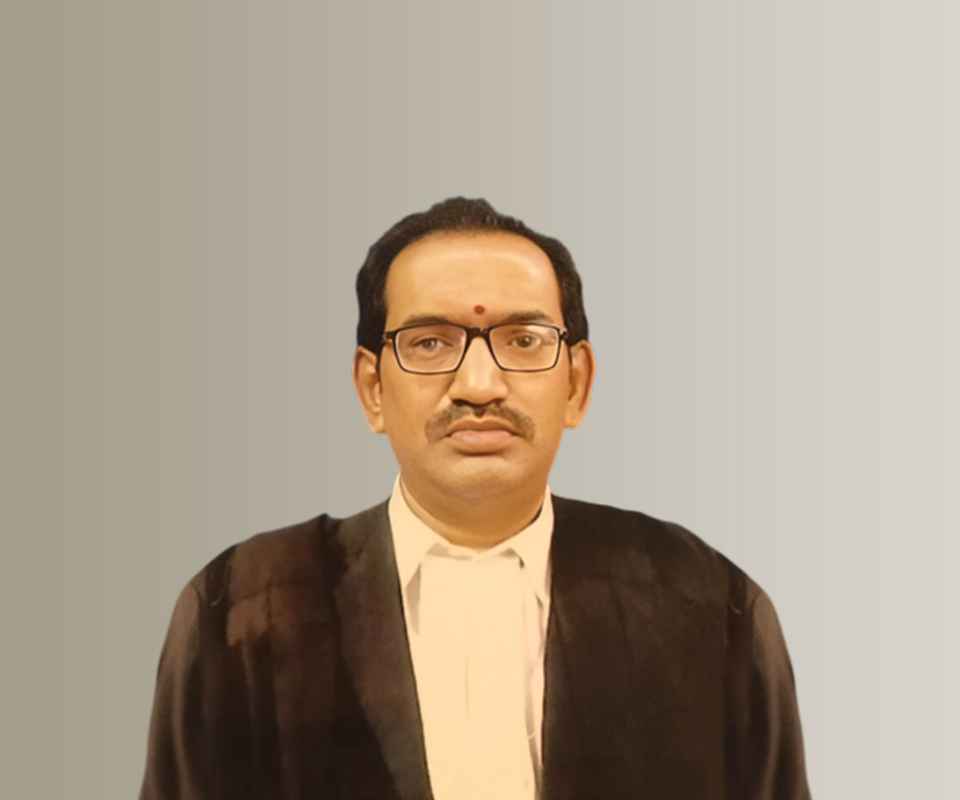Answer By law4u team
India plays an increasingly significant role in the global extradition landscape by entering into formal treaties, participating in international legal cooperation, and aligning its domestic laws with global standards. In a world with rising transnational crimes, including cybercrime, terrorism, and financial fraud, India’s extradition strategy helps enforce accountability and ensures that fugitives cannot escape justice by crossing borders.
India’s Role in Global Extradition Policy
Indian Extradition Act, 1962
This law forms the basis of India’s extradition operations. It outlines procedures, permissible offenses, and conditions under which India can either request or grant extradition. It applies to both treaty and non-treaty countries under defined circumstances.
Bilateral Extradition Treaties
India has signed extradition treaties with over 40 countries, including the USA, UK, UAE, France, and Germany. These treaties list the extraditable offenses and also cover legal safeguards such as the speciality principle and protection against double jeopardy.
Extradition Arrangements (Non-Treaty Based)
With more than 10 additional countries, India has extradition arrangements (informal understandings), which allow for cooperation even without formal treaties, subject to diplomatic negotiation and reciprocity.
Mutual Legal Assistance Treaties (MLATs)
India has signed MLATs with over 40 nations to facilitate sharing of evidence, service of judicial documents, and securing witness testimony in criminal investigations, further enhancing its extradition capabilities.
Use of INTERPOL
India works closely with INTERPOL, issuing Red Corner Notices (RCNs) against fugitives wanted in India. These notices serve as global alerts and help in locating and arresting offenders in other countries.
India’s Focus Areas in Extradition
- Counter-terrorism: High-profile cases involving wanted terrorists.
- Financial Crimes: Fugitive economic offenders, such as in bank fraud and money laundering cases.
- Cybercrime: Extradition of hackers and cybercriminals involved in large-scale frauds.
Challenges India Faces
- Lack of treaties with key nations: No formal treaties with some countries like China, Pakistan, or certain European states.
- Human rights concerns: Countries may deny extradition if they believe the accused might face torture or death penalty.
- Slow legal processes: Extradition requests often face delays due to complex legal reviews and appeals in foreign courts.
Diplomatic Engagement and Policy Development
India uses Ministry of External Affairs (MEA) and diplomatic missions to lobby for extradition in sensitive cases. It also negotiates new treaties and updates existing ones to keep up with changing legal and geopolitical dynamics.
High-Profile Extradition Cases
India has pursued extradition of individuals such as Vijay Mallya, Nirav Modi, and Mehul Choksi, showcasing its active role in reclaiming fugitives who flee to avoid prosecution.
Example
Let’s consider the case of Vijay Mallya, who was accused of bank fraud in India and fled to the United Kingdom.
Steps taken by India:
- Filed an extradition request under the India-UK extradition treaty.
- Worked with the Central Bureau of Investigation (CBI) and Enforcement Directorate (ED) to present evidence in UK courts.
- Engaged the MEA and Indian High Commission in London for diplomatic support.
- Faced legal delays due to human rights objections and appeals by Mallya.
- Continued diplomatic pressure while awaiting the UK’s final legal clearance.
This case demonstrates the use of legal, diplomatic, and treaty-based tools in India’s global extradition strategy.






